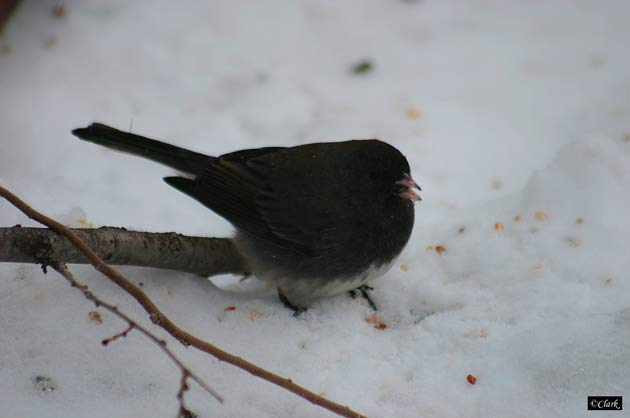Birds Gone Wild: Extra Testosterone Makes Males Irresistible

Get the world’s most fascinating discoveries delivered straight to your inbox.
You are now subscribed
Your newsletter sign-up was successful
Want to add more newsletters?

Delivered Daily
Daily Newsletter
Sign up for the latest discoveries, groundbreaking research and fascinating breakthroughs that impact you and the wider world direct to your inbox.

Once a week
Life's Little Mysteries
Feed your curiosity with an exclusive mystery every week, solved with science and delivered direct to your inbox before it's seen anywhere else.

Once a week
How It Works
Sign up to our free science & technology newsletter for your weekly fix of fascinating articles, quick quizzes, amazing images, and more

Delivered daily
Space.com Newsletter
Breaking space news, the latest updates on rocket launches, skywatching events and more!

Once a month
Watch This Space
Sign up to our monthly entertainment newsletter to keep up with all our coverage of the latest sci-fi and space movies, tv shows, games and books.

Once a week
Night Sky This Week
Discover this week's must-see night sky events, moon phases, and stunning astrophotos. Sign up for our skywatching newsletter and explore the universe with us!
Join the club
Get full access to premium articles, exclusive features and a growing list of member rewards.
Given a boost of testosterone, young male songbirds sing more sweetly, fly farther, and are more attractive to the females.
And, of course, they mate more often. Yet these testosterone-laden males don't have to take care of all their young—older males with less testosterone seem plenty willing to hang around the nest and do the dirty work.
That's the strange world of the dark-eyed junco.
Faking the experience
Wendy Reed of North Dakota State University figured all this out by boosting testosterone levels in some wild young males to the highest levels typically found in nature, then observing the results of their natural breeding.
Some of the findings might seem counterintuitive.
The extra testosterone weakened the birds' immune systems, causing them to die sooner. They were lousy partners and terrible dads. Furthermore, the chicks they fathered were smaller and didn't survive as well. Yet the ladies couldn't resist them.
Get the world’s most fascinating discoveries delivered straight to your inbox.
"One thing that testosterone does is to make young males act like older males," Reed explained. They "sing more and court females more arduously, and females really like older, more experienced males."
While dark-eyed juncos are monogamous during the main breeding season, they are known to entertain an off-season affair now and then. But the young males, for all their tricks, lack the experience needed to take care of the young.
"They can talk the talk, but can't walk the walk," Reed said.
Pinch-hit dads
You might think evolution would have weeded out high-testosterone males. But they do exist among juncos in the wild.
One key to their existence, Reed told LiveScience, is that females get help raising the extra chicks from older males with lower testosterone, which are "good dads and good partners."
Reed and her colleagues watched more than 400 junco nests in the Appalachian Mountains of Virginia for nine breeding seasons, boosting testosterone in some males but not others. The results are detailed in this month's issue of the journal The American Naturalist.
More to Explore
Robert is an independent health and science journalist and writer based in Phoenix, Arizona. He is a former editor-in-chief of Live Science with over 20 years of experience as a reporter and editor. He has worked on websites such as Space.com and Tom's Guide, and is a contributor on Medium, covering how we age and how to optimize the mind and body through time. He has a journalism degree from Humboldt State University in California.
 Live Science Plus
Live Science Plus











